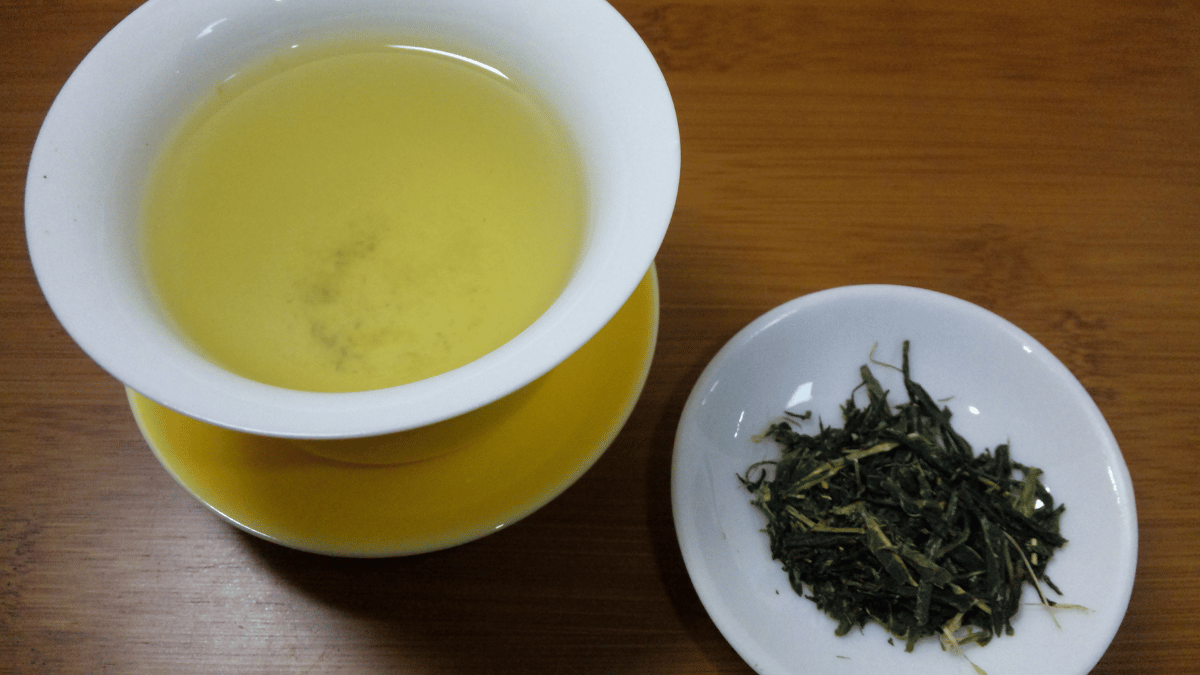Green tea is a familiar sight in kitchens and offices across the country. Many people reach for it as a gentle pick-me-up, a calming ritual, or a way to support their health. It’s often praised for its antioxidants, subtle energy boost, and soothing flavor. Sometimes, what feels like a healthy habit can quietly cause problems, especially if it doesn’t fit your body or lifestyle.
How Green Tea Works in Your Body
Green tea contains several natural compounds that can both help and hurt, depending on how and when you drink it. Catechins are powerful antioxidants that protect cells and may help with metabolism. Tannins give tea its earthy taste but can also irritate the stomach, especially if you drink it on an empty belly. And then there’s caffeine—a small amount in each cup, but enough to affect sleep, digestion, and mood for some people.
For most, a cup or two a day is fine. But if you’re sensitive to caffeine, have digestive issues, or take certain medications, green tea might not be the best choice. Understanding how these ingredients interact with your body helps you make a smarter, more personal decision.
When Timing Matters
The time of day you drink green tea can make a big difference. Sipping it with or after a meal is usually gentler on your stomach and helps your body absorb nutrients better. Drinking it between meals keeps you hydrated and gives you a steady energy lift without upsetting your digestion.
If you like tea first thing in the morning, try having a small snack before your cup. A banana or a handful of nuts can help protect your stomach and balance your blood sugar. If you’re winding down at night, it’s best to skip green tea. The caffeine can interfere with your body’s natural sleep signals, making it harder to relax and fall asleep. Herbal teas like chamomile or rooibos are better choices for evening routines.
Who Should Be Cautious
Not everyone benefits from green tea. Some people may want to limit or avoid it altogether.
People with stomach sensitivity or acid reflux often find that tannins in green tea make their symptoms worse. The tea can increase stomach acid and irritate the lining, leading to discomfort or heartburn.
Those with low iron levels or anemia should be careful. Green tea can make it harder for your body to absorb iron from food, especially if you drink it with meals. Waiting an hour after eating or pairing your tea with vitamin C-rich foods can help.
Pregnant or breastfeeding women should also be cautious. High caffeine intake or concentrated green tea extracts can affect both mother and baby, sometimes interfering with sleep or nutrient absorption.
If you’re sensitive to caffeine, even one cup might leave you feeling jittery, anxious, or restless. For people who already struggle with sleep or stress, green tea can make those feelings stronger.
Certain medical conditions also call for extra care. If you have liver problems, anxiety, or heart rhythm issues, it’s wise to talk to a healthcare provider before making green tea a daily habit. Children, too, can be more sensitive to caffeine, which might affect their mood, sleep, or nutrient intake.
Balancing Digestion, Mood, and Sleep
What you drink affects more than just your thirst. Green tea can influence your digestion, mood, and sleep, especially if you drink it too often or at the wrong time. Caffeine and tannins can shift your gut bacteria and sometimes raise stress hormones, which can make anxiety or fatigue worse.
But when you drink green tea mindfully—spaced out, with food, and at the right time—it can support your energy and focus without causing problems. The key is to pay attention to how your body responds and adjust your routine as needed.
Practical Tips for Safer Sipping
Most people do well with one or two cups a day, spread out over the morning or early afternoon. Freshly brewed loose-leaf tea is usually easier on the body than extracts or powders. Let your tea steep for just a few minutes to keep bitterness and tannins low.
Adding lemon can boost antioxidant activity, while a touch of honey can sweeten your cup without spiking your blood sugar. Drinking your tea warm, not hot, helps protect your teeth and mouth.
If you feel nausea, headaches, or dizziness after drinking green tea, try pairing it with food or taking a break. If you take iron supplements, anxiety medication, or blood thinners, check with your healthcare provider before making green tea a daily habit. It can interact with some medications, especially in large amounts.
Listening to Your Body
Drinking tea is both a science and a ritual. It’s a small pause in your day, not a cure-all. What makes it healthy isn’t the hype about metabolism or detox—it’s how you fit it into your life. For some, green tea brings clarity and calm. For others, it’s better to choose a different drink. The most important thing is to listen to what your body tells you. Sometimes, the gentlest habit is the one that works with your rhythm, not against it.
